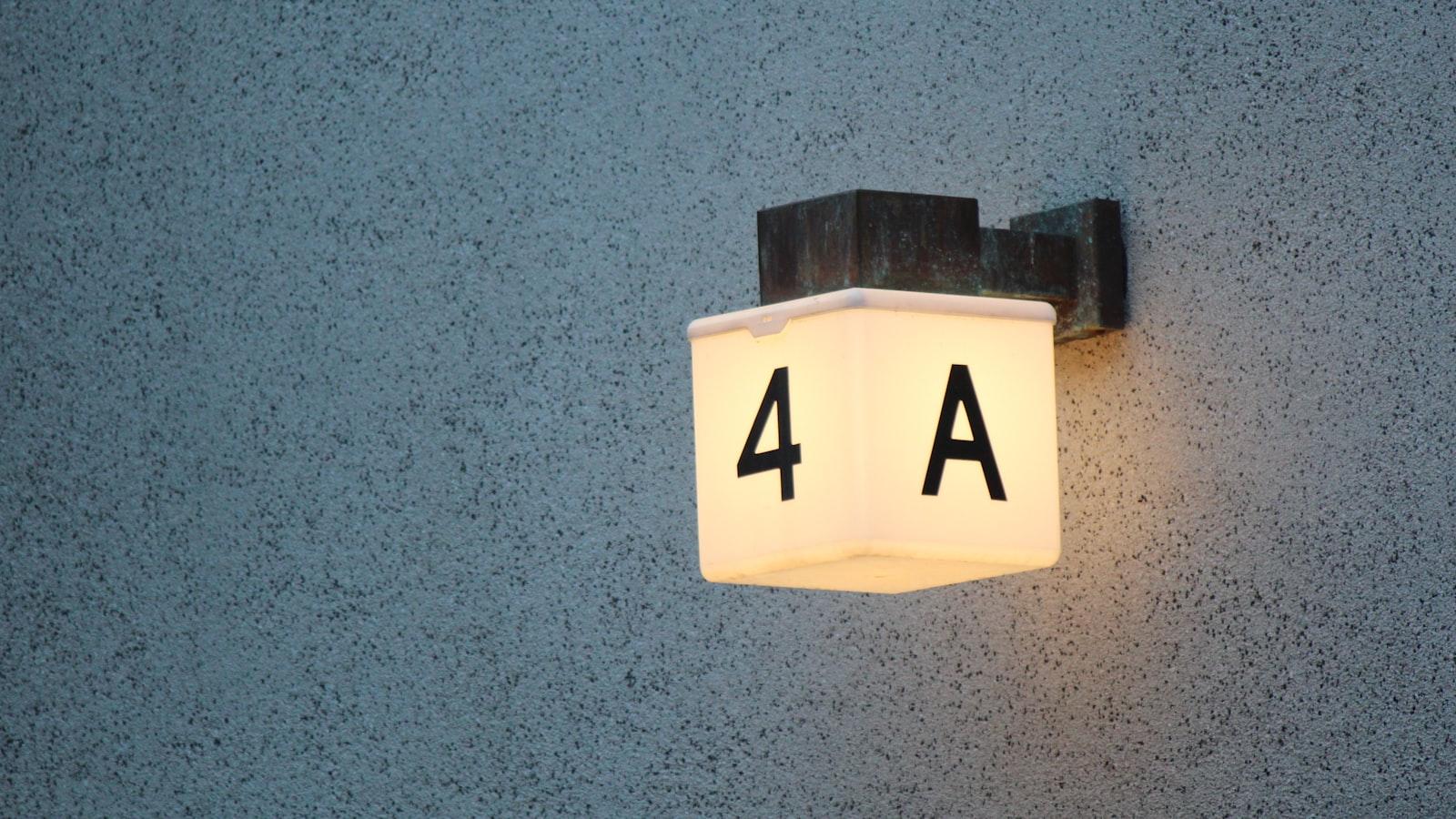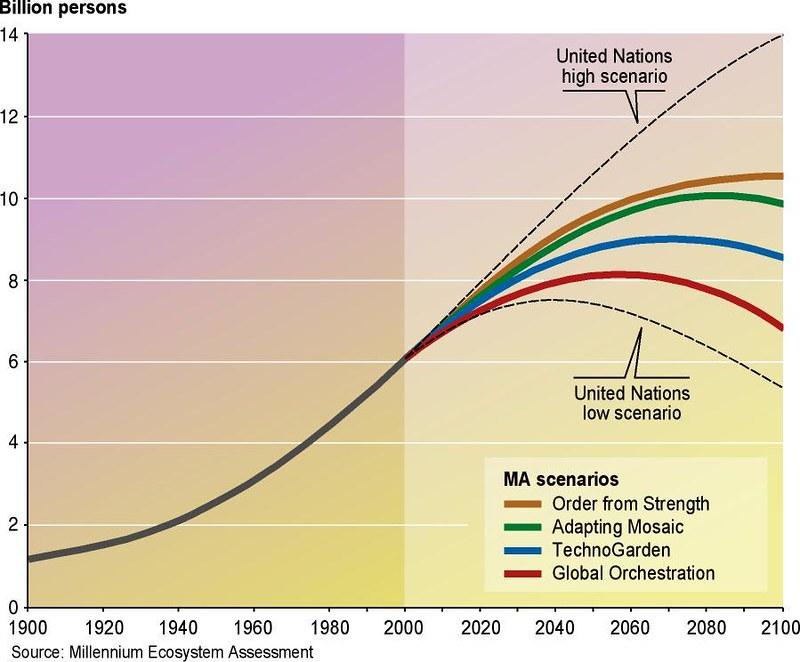In the vast and often bewildering landscape of the internet, one virtual oasis has managed to thrive amidst the chaos and uncertainty. Welcome to Wikipedia, the last good place on the internet, where the rules are ambiguous, institutional clashes are a common occurrence, and population loss is a looming threat. Join us as we delve into the intriguing world of Wikipedia and discover how it has managed to navigate these challenges to become a sanctuary of reliable information in an ever-changing digital world.
Navigating Rule Ambiguity in Online Communities
When it comes to online communities, navigating rule ambiguity can be a challenging task. With different platforms having varying sets of guidelines, users often find themselves in situations where the rules are not clear or are open to interpretation. This lack of clarity can lead to institutional clashes between moderators and users, resulting in tension and population loss. However, one platform that has managed to maintain a semblance of order in the chaos of the internet is Wikipedia.
Wikipedia has become known as the last good place on the internet due to its unique approach to rule enforcement. Unlike other online communities, Wikipedia operates on a principle of collaboration and consensus-building, rather than strict regulation. This allows for a more organic development of rules and guidelines, as well as a sense of ownership and responsibility among its users. By embracing rule ambiguity and encouraging dialogue, Wikipedia has managed to create a space where knowledge can be freely shared and curated by a global community.

Addressing Institutional Clashes on Wikipedia
One of the biggest challenges facing Wikipedia today is the issue of institutional clashes. As the platform has grown in popularity and importance, more and more organizations have sought to influence its content to suit their interests. This has led to conflicts between editors representing different institutions, with each side pushing their own version of the truth. The resulting power struggles have created a toxic environment that threatens the integrity of Wikipedia as a whole.
One of the main factors contributing to these clashes is the ambiguity of Wikipedia’s rules and guidelines. While the platform has strict guidelines in place to ensure accuracy and neutrality, these rules can often be interpreted in different ways. This leaves room for manipulation by editors who are willing to push the boundaries in order to advance their own agendas. As a result, the battle for control over Wikipedia’s content has become increasingly fierce, leading to a loss of trust among the general population. In order to address this issue, it is crucial for Wikipedia to clarify its rules and enforce them consistently to ensure that the platform remains a reliable source of information for all.

Understanding the Impact of Population Loss on Internet Platforms
When analyzing the impact of population loss on internet platforms, it’s essential to consider the role of rule ambiguity and institutional clashes. Wikipedia, often hailed as the last good place on the internet, has navigated these challenges by maintaining clear guidelines for content creation and editing. The collaborative nature of the platform relies on a shared understanding of these rules, which helps mitigate the negative effects of population loss. Despite facing similar challenges as other online communities, Wikipedia has managed to uphold its reputation as a reliable source of information by addressing rule ambiguity and institutional clashes head-on.
One way Wikipedia has tackled the issue of population loss is by fostering a sense of community among its users. By encouraging active participation through editing, discussions, and community events, Wikipedia has been able to retain dedicated contributors even in the face of declining numbers. This emphasis on community engagement has helped sustain the platform’s quality and credibility, making it a standout example of how internet platforms can adapt and thrive in the midst of changing populations. As other platforms struggle with the effects of dwindling user numbers, Wikipedia’s approach serves as a valuable lesson in navigating the complexities of rule ambiguity and institutional clashes.

Preserving the Integrity of Online Spaces Through Collaboration
Despite the prevalence of rule ambiguity and institutional clashes on the internet, Wikipedia has managed to establish itself as the last good place for collaborative knowledge sharing. By fostering a community of dedicated editors and contributors from around the world, Wikipedia maintains the integrity of online spaces through a commitment to accuracy, transparency, and accessibility. The platform’s decentralized editing structure allows for rapid updates and revisions, ensuring that information remains current and reliable.
Moreover, Wikipedia’s emphasis on collaborative decision-making and consensus-building helps to mitigate the risk of population loss and ensure the long-term sustainability of the platform. By encouraging open dialogue and civil discourse, Wikipedia fosters a culture of inclusivity and diversity that promotes the free exchange of ideas and perspectives. Through collaboration and collective action, Wikipedia continues to set the standard for preserving the integrity of online spaces in an increasingly complex digital landscape.
Key Takeaways
In conclusion, the complex interplay of rule ambiguity, institutional clashes, and population loss on Wikipedia has paved the way for it to become a unique and influential entity on the internet. As the last good place where information can be freely shared and collaboratively curated, it serves as a beacon of hope in an increasingly polarized online landscape. Despite its challenges, Wikipedia continues to stand as a testament to the power of community-driven knowledge creation. It’s a reminder that even in the face of ambiguity and conflict, there is still a chance for a harmonious and constructive online environment to thrive.





